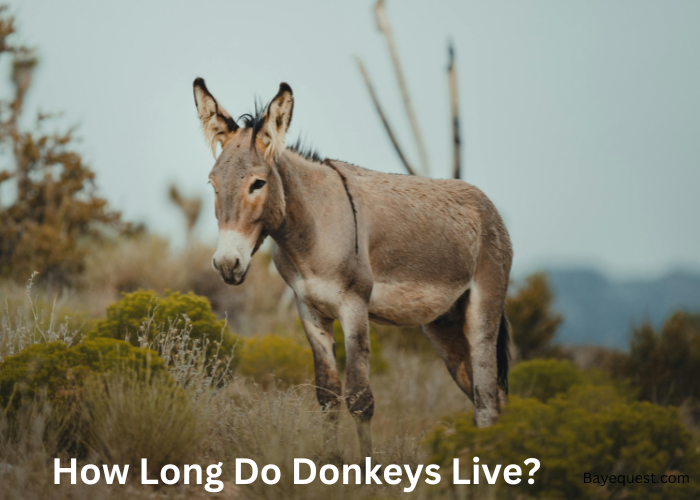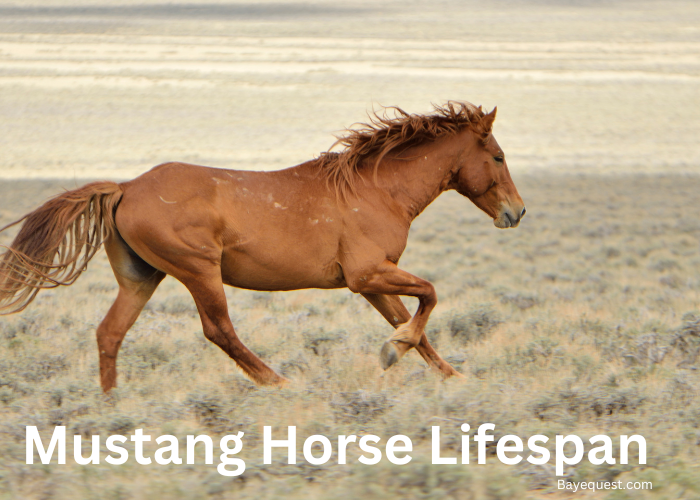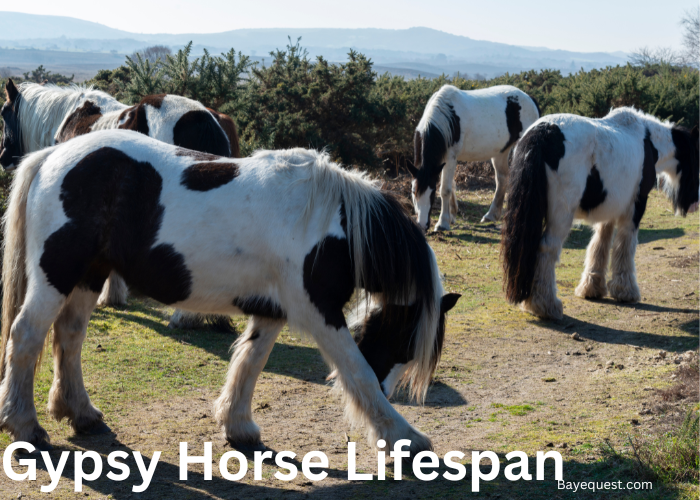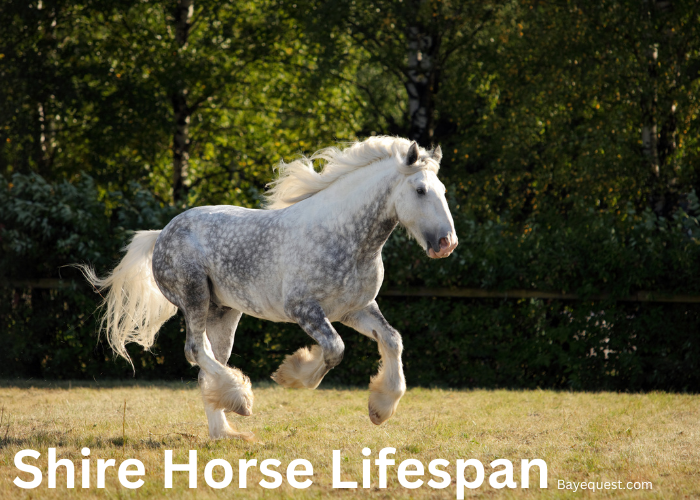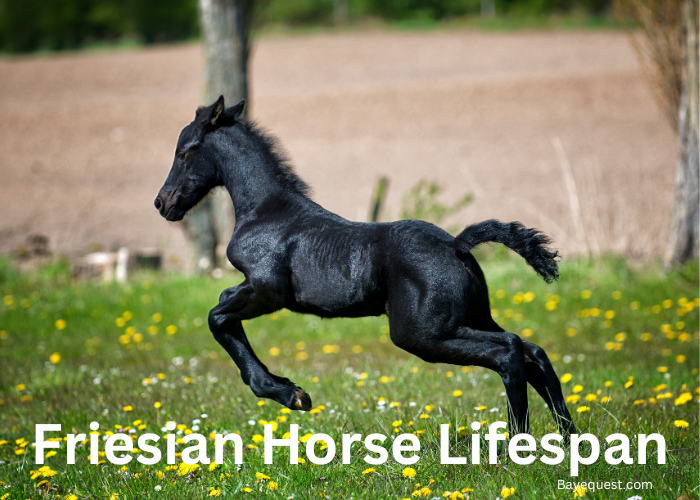Donkeys are more than just hardworking animals. They’re loyal companions with unique personalities.
But how long do these fascinating creatures share their lives with us? From gentle farm residents to resilient wild roamers, donkeys have lifespans that might surprise you.
Their years are shaped by care, environment, and a bit of luck.
Whether you own a donkey or are simply curious about their longevity, understanding what impacts their lifespan is essential.
Let’s uncover the factors that determine how many years these remarkable animals can live.
How Long Do Donkeys Live? Key Takeaway
Donkeys live an average of 33 years. Domesticated donkeys often live 25 to 40 years with proper care. Wild donkeys have shorter lifespans, typically 25 to 30 years, due to harsh conditions and predators. Proper diet, shelter, and veterinary care can extend their lives.
What is the Average Life Expectancy of a Donkey?
The average life expectancy of a donkey is 33 years. However, this can vary depending on the care they receive.
Donkeys that are well-fed, housed in a safe environment, and given proper veterinary care may even live into their 40s.
In contrast, wild donkeys often have shorter lifespans due to predators, harsh environments, and food scarcity.
Domesticated donkeys benefit from consistent care, making them long-lived and loyal companions.
With the right attention, donkeys can thrive and remain part of your life for decades.
How Long Do Miniature Donkey Live?
Miniature donkeys live 25 to 35 years, with some reaching their 40s when given excellent care.
Their lifespan is influenced by factors like proper nutrition, regular veterinary care, and a safe, stress-free environment.
Due to their smaller size and lighter workload compared to standard donkeys, they may enjoy a slightly longer average lifespan.
Miniature donkeys are friendly and can be long-term companions with the right attention and care.
What is the Average Lifespan of a Wild Donkey?
Wild donkeys live an average of 25 to 30 years.
They face many challenges like predators, lack of food, and harsh weather. These factors make their lives shorter than domesticated donkeys.
Wild donkeys are strong and adapt well, but the tough conditions affect their lifespan.
With proper care, donkeys in human care live much longer.
Factors Influencing Donkey Lifespan
Several factors determine how long a donkey lives. Let’s explore them in detail.
1. Diet and nutrition
Donkeys need a well-balanced diet to stay healthy. Their food should include the right mix of hay, grass, and minerals.
Poor-quality food or overeating can lead to health problems like obesity, malnutrition, or colic.
A diet that meets their nutritional needs helps build a strong immune system, preventing diseases.
Proper nutrition directly contributes to a donkey’s health and longevity by avoiding complications related to poor feeding habits.
2. Living conditions
The environment where a donkey lives plays a big role in its lifespan.
Donkeys need clean, safe, and comfortable shelters to protect them from extreme weather, like intense heat or cold.
Poor living conditions can cause stress, infections, or injuries, all of which reduce their quality of life.
A safe home also keeps them away from predators and harmful situations.
When donkeys live in a stress-free and secure environment, they are healthier and live longer.
3. Healthcare
Regular healthcare is essential for donkeys to live long and healthy lives.
Veterinary checkups help detect and treat illnesses early before they become serious.
Vaccinations and deworming prevent common diseases and parasites that can weaken donkeys over time.
Without proper healthcare, donkeys are more likely to suffer from untreated illnesses, leading to a shorter lifespan.
Consistent veterinary attention ensures donkeys remain strong and resilient, increasing their chances of living a full life.
4. Workload
A donkey’s workload has a direct impact on its lifespan. Overworking donkeys can lead to exhaustion and injuries.
Their muscles and joints can weaken over time, causing long-term health problems.
A manageable workload, with plenty of rest and care, keeps their bodies in good condition.
When donkeys are not overburdened, they stay healthier and live longer, avoiding the physical strain that often shortens their lives.
5. Social interaction
Donkeys are social animals and need companionship to thrive.
Isolation or loneliness can cause stress and depression, which weaken their immune system and overall health.
Having other donkeys or friendly animals around keeps them mentally and emotionally happy.
Social bonds play a crucial role in their well-being, directly contributing to a longer and more fulfilling life.
6. Genetics
Genetics can determine a donkey’s overall health and potential lifespan.
Donkeys with strong, healthy genes are more likely to live long and resist common illnesses.
On the other hand, genetic conditions can make some donkeys more prone to health issues, affecting their longevity.
Breeding healthy donkeys ensures better traits for future generations, laying the foundation for longer and healthier lives.
Genetics may not be something you can control entirely, but they are an important factor in a donkey’s lifespan.
Tips for Extending Your Donkey’s Lifespan
Providing proper care can help your donkey live a longer and healthier life.
Here are some practical tips to ensure your donkey thrives for many years:
1. Provide a balanced diet
Feed your donkey high-quality hay, grass, and fresh water daily. Avoid overfeeding grains, as it can lead to obesity.
Include mineral supplements to meet their nutritional needs. Proper nutrition keeps your donkey healthy and reduces the risk of diet-related diseases.
2. Ensure safe and comfortable shelter
Create a clean and dry shelter that protects your donkey from extreme weather conditions.
Proper bedding and ventilation are essential to keep them comfortable and reduce stress. A safe environment also protects them from predators and injuries.
3. Schedule regular veterinary checkups
Routine vet visits are critical to monitor your donkey’s health. Vaccinate and deworm them regularly to prevent illnesses and parasites.
Early detection of health issues through checkups can extend their lifespan significantly.
Related read: Equine Dewormer Schedule.
4. Limit their workload
Avoid overburdening your donkey with heavy loads or long working hours.
Give them adequate rest and adjust their workload to match their age and physical condition.
A manageable workload prevents exhaustion and injuries.
5. Encourage social interaction
Donkeys are social animals and thrive with companionship.
Ensure they have other donkeys or animals to interact with. Loneliness can cause stress, which affects their health. A happy donkey is a healthier donkey.
6. Keep them mentally stimulated
Provide toys, varied activities, or opportunities to explore their surroundings.
Mental stimulation reduces boredom and stress, contributing to better overall well-being.
7. Maintain proper hoof and dental care
Regular hoof trimming and dental checks are essential for donkeys.
Overgrown hooves or dental issues can cause pain and make it difficult for them to move or eat, affecting their quality of life and lifespan.
Signs of Aging in Donkeys
As donkeys grow older, they show physical and behavioral signs of aging. Recognizing these signs early can help you provide the care they need during their later years.
1. Changes in coat condition
An aging donkey’s coat may become dull, rough, or thin. Some older donkeys also take longer to shed their winter coat. This change in appearance is a natural part of aging.
2. Weight loss or muscle wasting
Older donkeys may struggle to maintain their weight and lose muscle tone. This could be due to dental problems, reduced digestion efficiency, or underlying health issues.
3. Dental issues
Worn-down or missing teeth are common in senior donkeys. You may notice difficulty chewing, dropping food, or a preference for softer feeds.
4. Reduced mobility
Arthritis or joint stiffness is a frequent issue in aging donkeys. They may move more slowly, struggle to lie down or stand up, and be less active overall.
5. Vision and hearing decline
Older donkeys might show signs of declining vision or hearing. This can make them more cautious or easily startled in unfamiliar situations.
6. Behavioral changes
Senior donkeys may become less social or more passive. They might also show reduced energy and enthusiasm for activities they previously enjoyed.
7. Weakened immune system
Older donkeys are more prone to infections and illnesses due to a weaker immune system. They may recover more slowly from injuries or sickness.
8. Changes in appetite or eating habits
Aging donkeys may eat less or show changes in their eating habits. This can be related to dental pain or general discomfort.
Longest-Living Donkeys on Record
Donkeys live between 25 to 40 years, but some have significantly surpassed this average. Notable examples include:
Suzy
Recognized by Guinness World Records, Suzy lived to be 54 years old in 2002. She resided in Glenwood, New Mexico, under the care of Beth Augusta Menczer.
Bubble
A female donkey at Hatton Country World in Warwickshire, UK, Bubble reached the remarkable age of 64 before passing away in June 2023.
She was celebrated as one of the oldest donkeys globally.
How Long Do Mules Live?
Mules live 35 to 40 years, but some can live even longer with proper care.
Their lifespan depends on factors like diet, workload, living conditions, and regular veterinary attention.
Mules inherit the strength and resilience of both their horse and donkey parents, which contributes to their longevity.
While mules in captivity often live longer due to consistent care, those in harsher conditions may have shorter lifespans.
With a healthy lifestyle and a manageable workload, mules can thrive for decades.
How Long Do Ponies Live?
Ponies live 25 to 30 years, but with excellent care, some can live into their 40s or even longer.
Their lifespan is influenced by diet, exercise, living conditions, and regular veterinary care.
Ponies are often hardier than larger horse breeds, which can contribute to their longer average lifespan.
With the right care, ponies can be long-lived companions, providing joy and service for many years.
How Long Do Horses Live?
Horses live 25 to 30 years, though this can vary based on breed, care, and environment.
Certain breeds, like Arabians, may live as long as 35 to 40 years, while ponies often outlive larger breeds.
Providing proper nutrition, regular veterinary care, and a safe, healthy environment can significantly extend a horse’s lifespan.
FAQs
What lives longer, a horse or a donkey?
Donkeys live longer than horses. While horses live 25 to 30 years, donkeys often reach 30 to 40 years, especially with proper care. Their hardiness often contribute to their longer lifespan.
What is the oldest known donkey?
The oldest known donkey is Bubble, who lived to an incredible 64 years. She resided at Hatton Country World in Warwickshire, UK, and passed away in June 2023. Bubble’s long life highlights how exceptional care and a nurturing environment can greatly extend a donkey’s lifespan.
Are donkeys smarter than horses?
Yes, donkeys are often smarter than horses when it comes to problem-solving and critical thinking. Donkeys take time to assess situations and make decisions that prioritize their safety, which is often mistaken for stubbornness. Horses, on the other hand, rely on quick reactions and trust their handlers.
Read more: Horse Vs Donkey Intelligence.
Conclusion
Donkeys are remarkable animals with impressive lifespans, often living 30 to 40 years with proper care.
By understanding the factors that affect their longevity, you can ensure they lead happy and healthy lives.
From balanced diets to safe environments and regular veterinary care, every effort counts.
Whether wild or domesticated, donkeys enrich our lives in unique ways.
With the right attention, they can be long-term companions, offering loyalty and love for decades.
Their longevity truly reflects their resilience.




